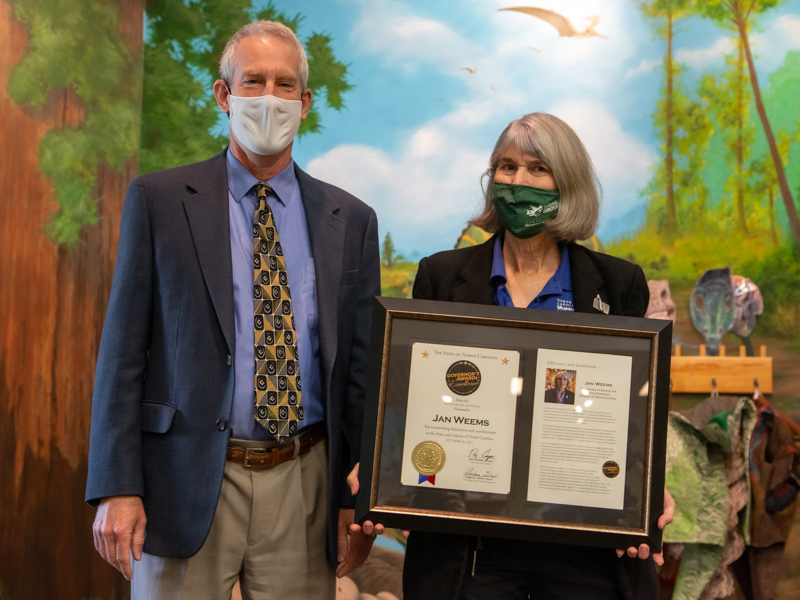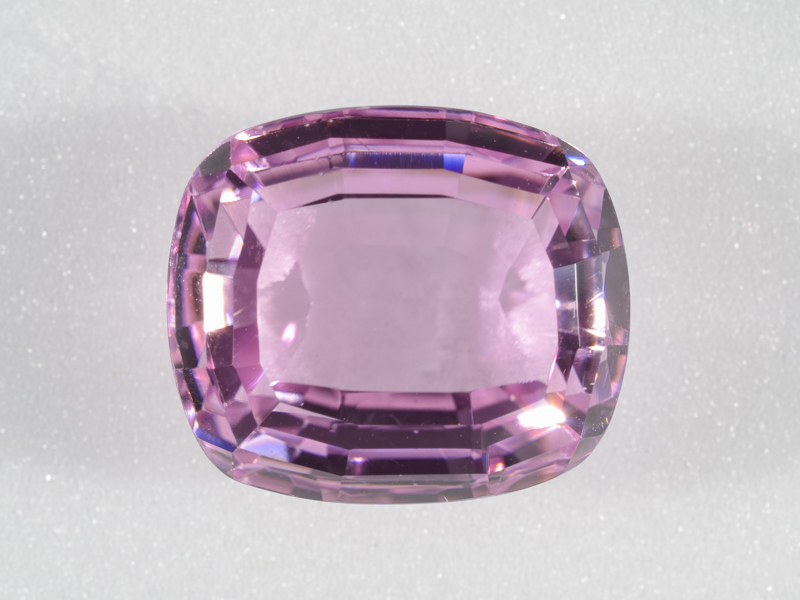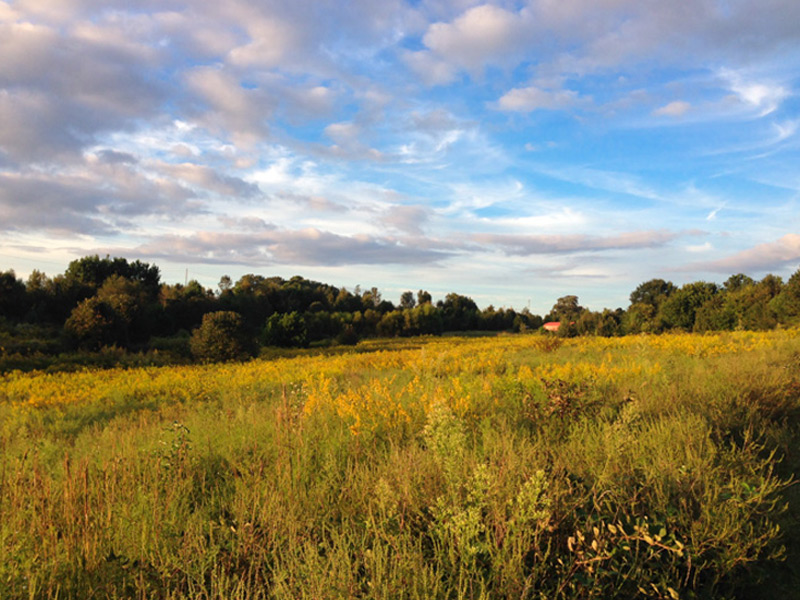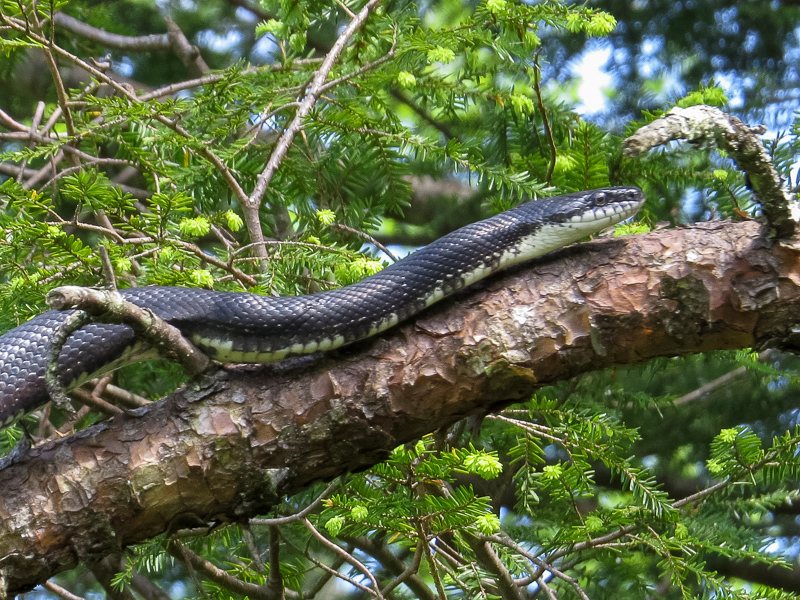
Museum educator wins 2021 Governor’s Award for Excellence
October 28, 2021
Jan Weems, the Museum’s Head of Early Childhood & Elementary Education, has received a 2021 Governor’s Award for Excellence for her work to facilitate the establishment of the Gold Classroom Virtual Studio. Weems worked with a team from the Education, Exhibits & Digital Media, Facilities and Living Collections sections under challenging and constantly changing conditions… Read More >

Rocktober: Earth Science Week – Minerals
October 15, 2021
These are gemstones from the William Wallace Stephens Collection. They belonged to a temporary exhibit that was built for the opening of our new location in Greenville. Photo: Sean Moran. We’re celebrating Earth Week! Curator of Geology Chris Tacker weighs in on the three themes for Minerals Day from the Mineralogical Society of America’s site:… Read More >

The Goldenrods of Prairie Ridge
October 7, 2021
By Chris Goforth, Head of Citizen Science Most of the flowers at Prairie Ridge have already bloomed and wilted this year, but as summer has shifted to fall, visitors to Prairie Ridge will see one last flush of blooms before winter sets in. The goldenrods are currently putting on a magnificent display of bright yellow… Read More >

STEAM Career Showcase Spotlight: Keynote Speaker Brandon Winfield
The Museum is happy to welcome Brandon Winfield (he/him) as our keynote speaker for the STEAM Career Showcase for Students With Disabilities. Last year, Brandon served as a panelist for the program. In 2008, Brandon was injured in a motocross accident that left him with a thoracic spinal cord injury (paralyzed from the chest down)…. Read More >

Thirteen helminth species found inside NC’s eastern rat snakes
Eastern rat snake (Pantherophis alleghaniensis). Photo: Jeff Beane. A new paper co-authored by Museum herpetologist Jeff Beane represents the first report of gastrointestinal helminths (parasitic worms) found in the eastern rat snake from North Carolina. In fact, 13 different helminth species were discovered and recorded in 20 of the 28 snakes examined by lead author… Read More >

